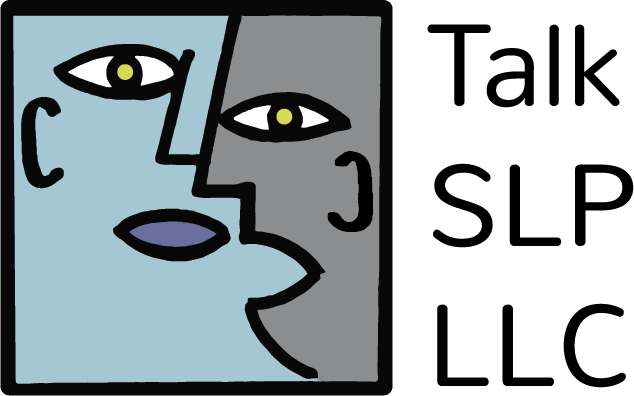Oral-motor Disorders
Muscles in the lips, tongue, and jaw are responsible for the many finely coordinated movements that the mouth can make. Someone with an oral-motor disorder will have trouble using these muscles, leading to difficulty speaking clearly, eating or chewing, sipping through a straw, blowing, and other similar actions. Oral-motor disorders manifest as a physical issue, but they often have a neurological component.
Other diagnoses that are related to oral-motor disorders or delays include:
- Speech sound disorders, including articulation and phonological issues such as lisping and sound-substitution, and childhood or developmental apraxia of speech (also called dyspraxia of speech).
- Trouble swallowing, known as dysphagia, is another specific type of oral-motor disorder.
- Tongue thrust, which is the abnormal habit of placing the tongue between the teeth before and during the act of swallowing.
Depending on the cause, the prognosis for oral-motor disorders can be quite positive. With early speech-language therapy intervention, many children can completely overcome their speech or feeding problems. Others will be able to successfully learn and use alternate methods of effective communication.
The TALK Difference
“Oral-motor disorders can be complicated, but with gentle and focused therapy, many goals can be reached and communication abilities improved.”
Goals of oral-motor therapy:
- Develop increased range of movement, precision, proper rate, muscle tone, stabilization, and strength of the oral structures needed for speech and feeding.
- Increase tactile and sensory perception, and spatial and proprioceptive awareness of oral structures used in speech and resting postures through oral sensory-motor exercises.
- Improve oral tactile sensory acuity as needed.
- Decrease drooling, increase control of food while eating, and enhance breath support for healthy respiration, phonation, and resonation, all of which are required for proper speech.
Help is available!
Laura Smith, licensed speech-language pathologist and certified orofacial myologist, is specially trained to assist children and adults in overcoming their communication challenges. Her holistic approach takes into account the person as well as the problem.
Telepractice appointments are available, where clients can receive consultation and therapy services using online tools. In-person appointments upon request.
Contact us for more information or to make an appointment.
